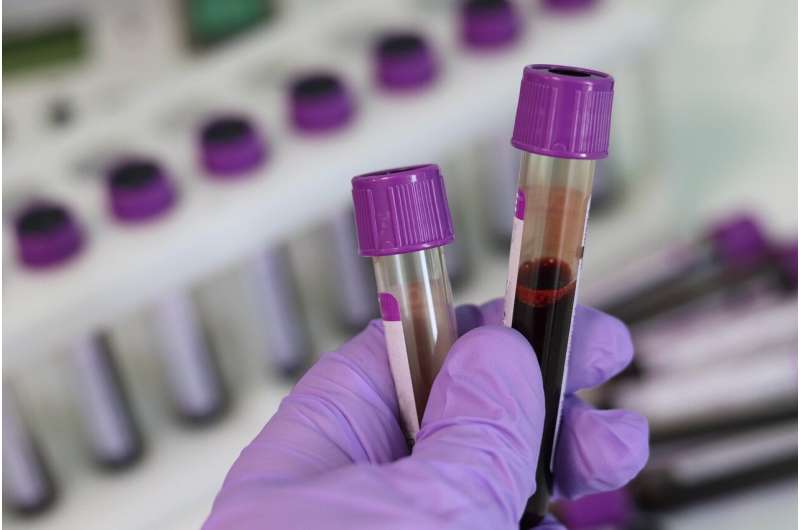KIAA1199: Exploring Its Role in Adipogenesis and Energy Regulation

Recent scientific research has highlighted the importance of bone-derived proteins in regulating metabolic processes beyond their structural functions. Among these, KIAA1199, also known as CEMIP, has emerged as a significant player influencing both bone formation and fat tissue regulation. Traditionally recognized for its role in bone health, new studies indicate that KIAA1199 impacts adipogenesis—the process of fat cell development—and overall energy metabolism.
A 2025 study published in Bone Research, led by Professor Li Chen from Guilin Medical University in China and Professor Moustapha Kassem from the University of Southern Denmark, sheds light on how KIAA1199 secreted by bone marrow cells can affect fat accumulation and insulin sensitivity. The research involved analyzing mice genetically modified to lack KIAA1199, revealing notable reductions in bone marrow fat, subcutaneous, and visceral fat deposits. These knockout mice demonstrated improved metabolic profiles, including better insulin responsiveness, lower blood sugar levels, and resistance to diet-induced obesity.
Furthermore, under high-fat diet conditions, mice deficient in KIAA1199 were protected from common metabolic disturbances such as insulin resistance and liver steatosis. Mechanistically, KIAA119UNE influences adipocyte differentiation through the osteopontin-integration pathway, involving key signaling pathways like AKT and ERK. These findings position KIAA1199 as a promising target for treating metabolic disorders such as obesity and type 2 diabetes.
Prof. Li Chen commented on the significance of these findings, emphasizing that understanding KIAA1199's molecular pathways could lead to innovative therapies aimed at improving insulin sensitivity and fat regulation. Potential interventions include developing inhibitors or monoclonal antibodies targeting KIAA1199, which could simultaneously enhance bone health and rectify metabolic dysfunction.
Overall, this research emphasizes the dual role of KIAA1199 in managing bone integrity and energy homeostasis. It opens new pathways for developing treatments that address obesity and related metabolic conditions through targeted modulation of this protein, ultimately contributing to better health outcomes.
Stay Updated with Mia's Feed
Get the latest health & wellness insights delivered straight to your inbox.
Related Articles
Promising Chemoimmunotherapy Approach for Aggressive Stage III Non-Small Cell Lung Cancer
A groundbreaking study suggests that combining chemotherapy with immunotherapy before surgery may improve outcomes for patients with aggressive stage III non-small cell lung cancer, potentially converting unresectable tumors into operable ones.
Shorter Treatment Regimen Shows Promise for Some Patients with Drug-Resistant Tuberculosis
A groundbreaking study reveals that a shorter, targeted treatment regimen can be effective for some patients with pre-extensively drug-resistant tuberculosis, paving the way for more personalized therapies.
Early Detection of Alzheimer's Disease Using Brain and Blood Biomarkers in Middle Age
New research shows that Alzheimer's disease biomarkers can be detected in the brain and blood during middle age, paving the way for earlier diagnosis and intervention strategies. This breakthrough could transform how the disease is screened and managed in the future.
Breakthrough AI Model Achieves Expert-Level Accuracy in Non-Invasive Breast Cancer Diagnosis with MRI
A groundbreaking AI model developed by HKUST achieves expert-level accuracy in non-invasive breast cancer diagnosis using multiparametric MRI, supporting personalized treatment strategies.



